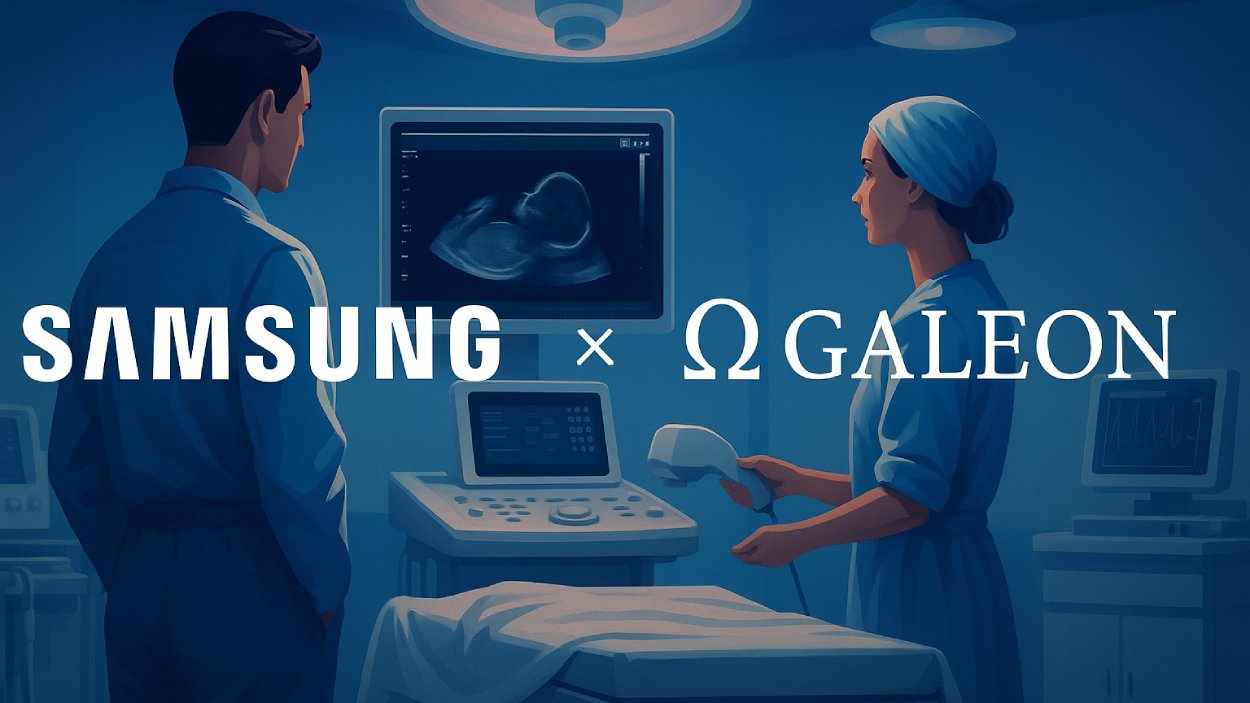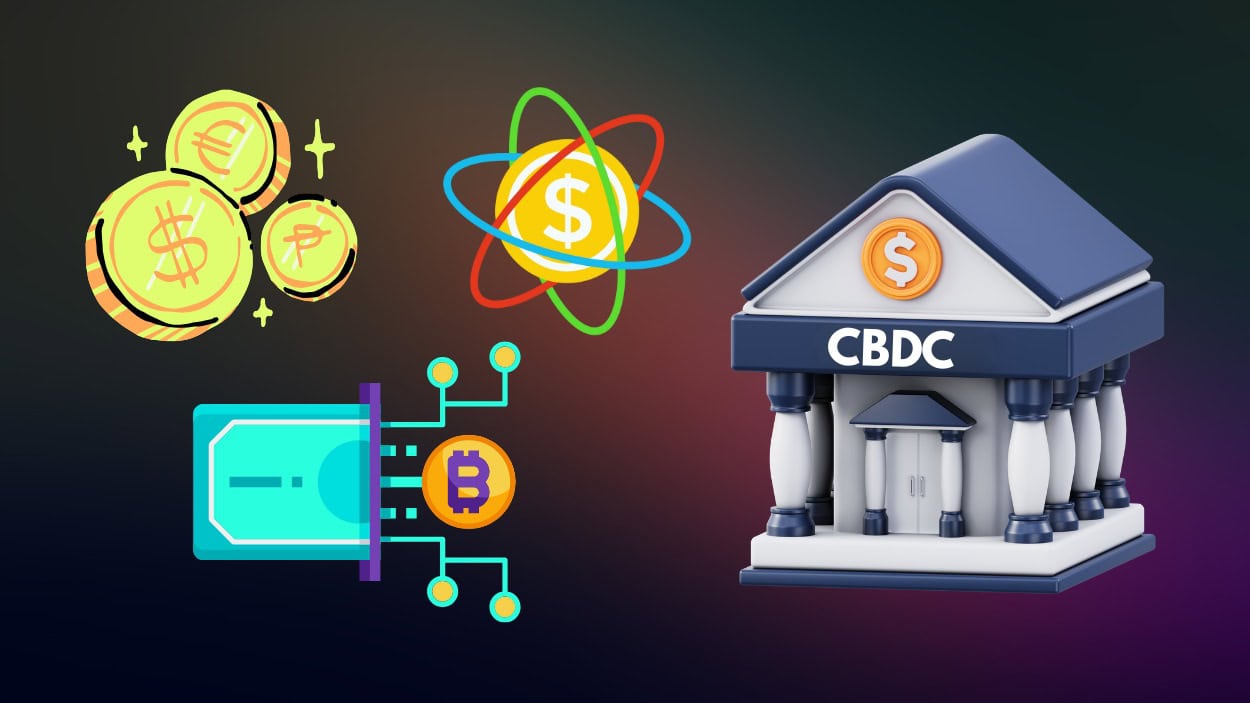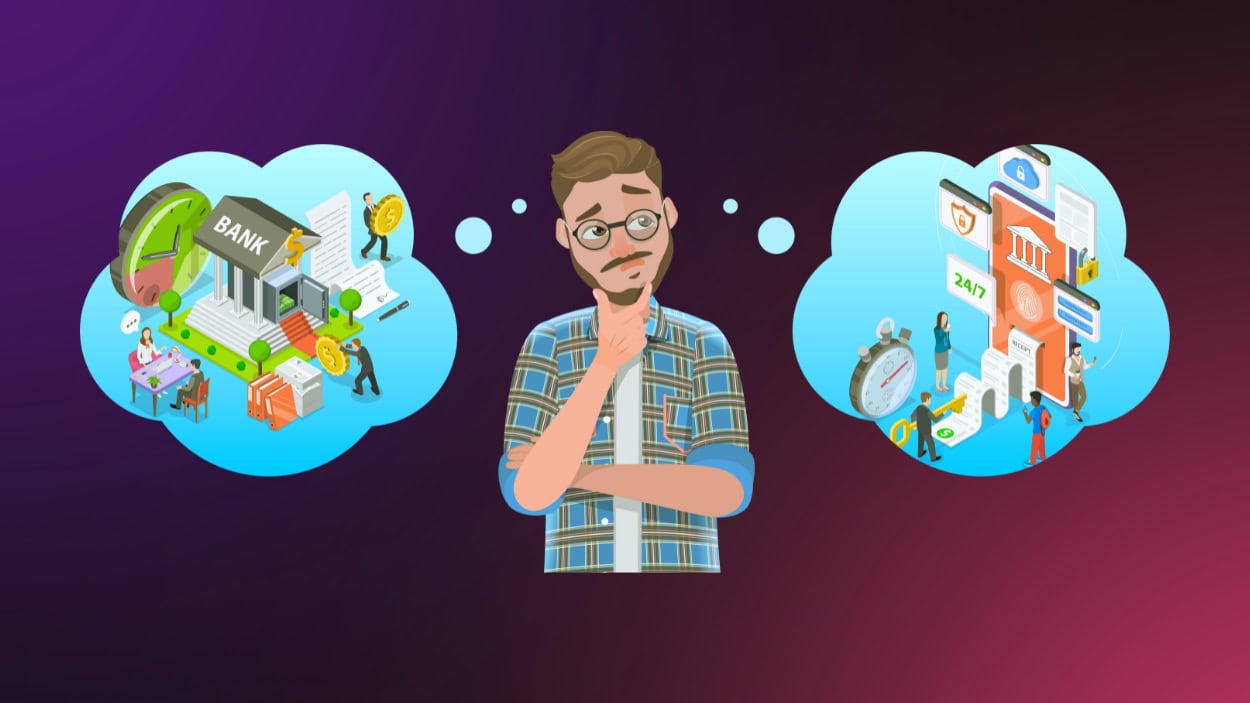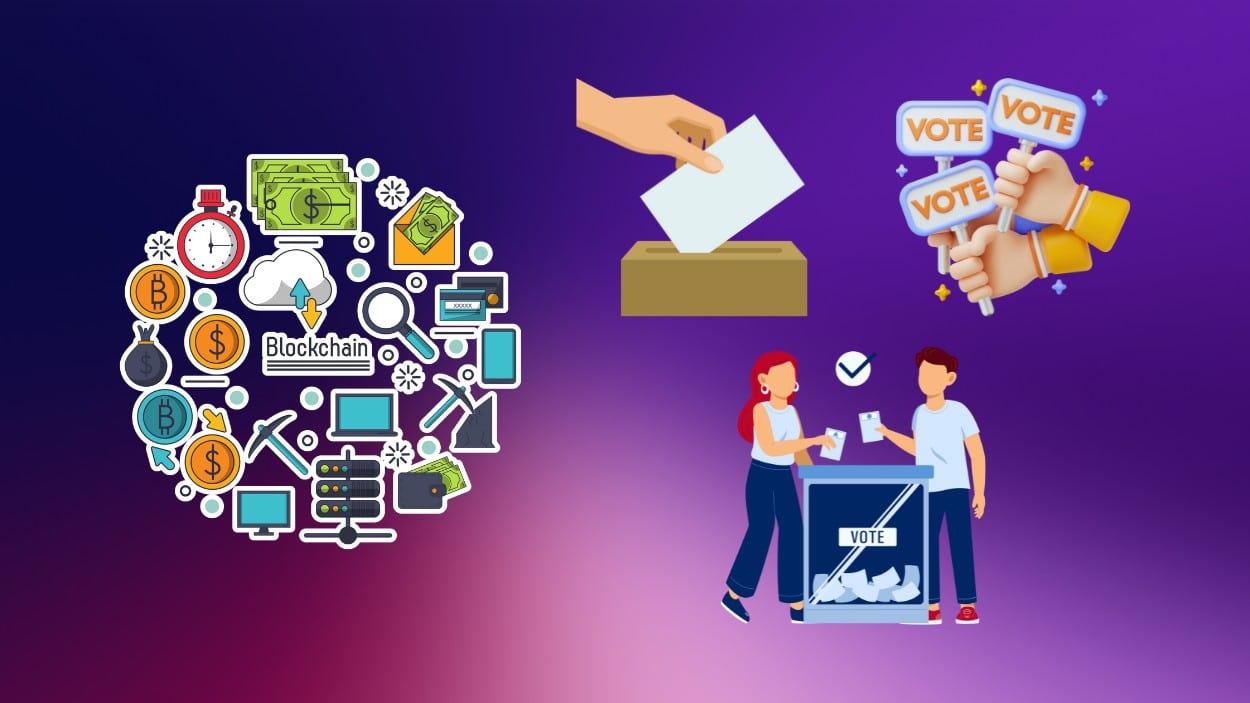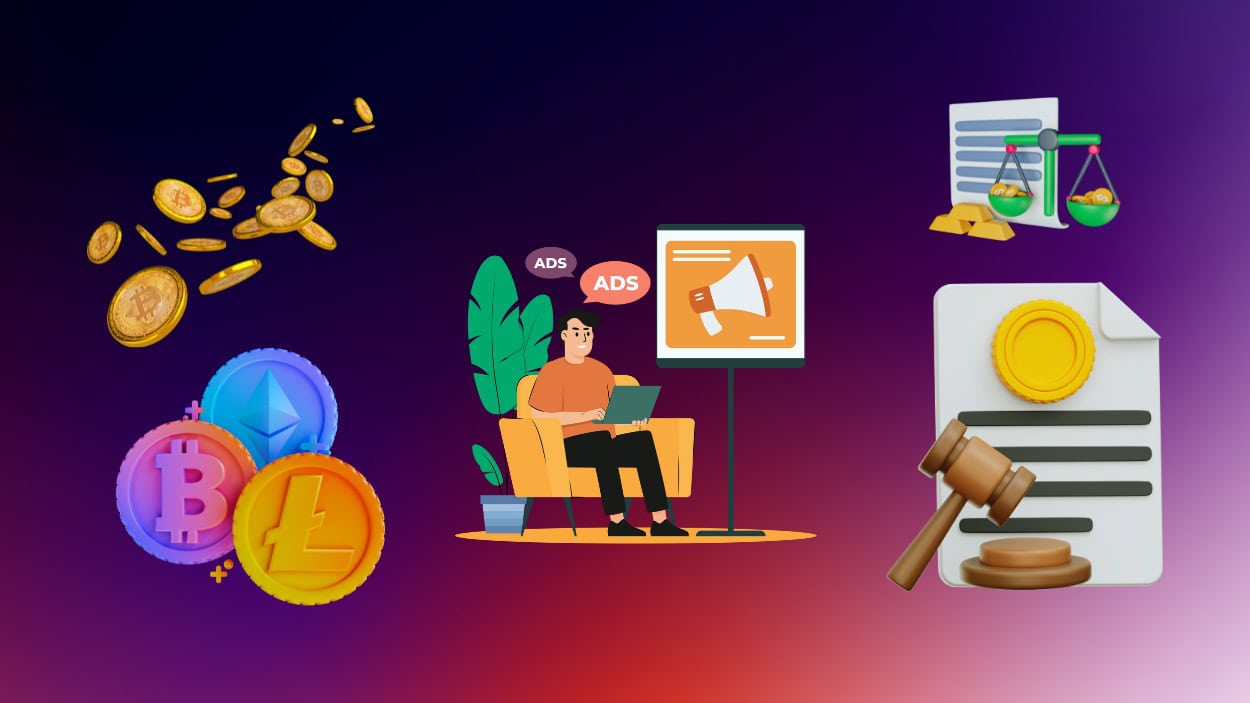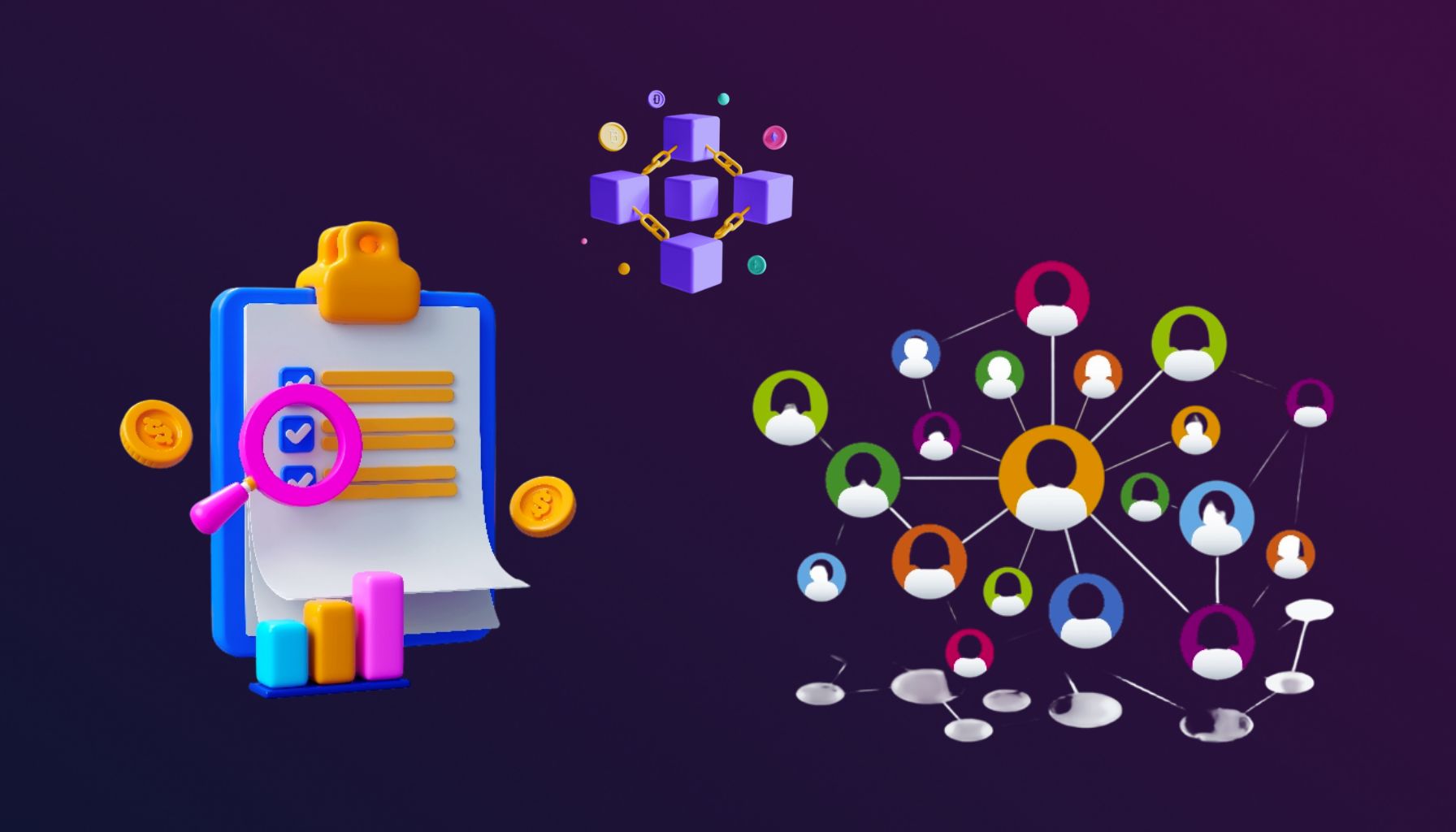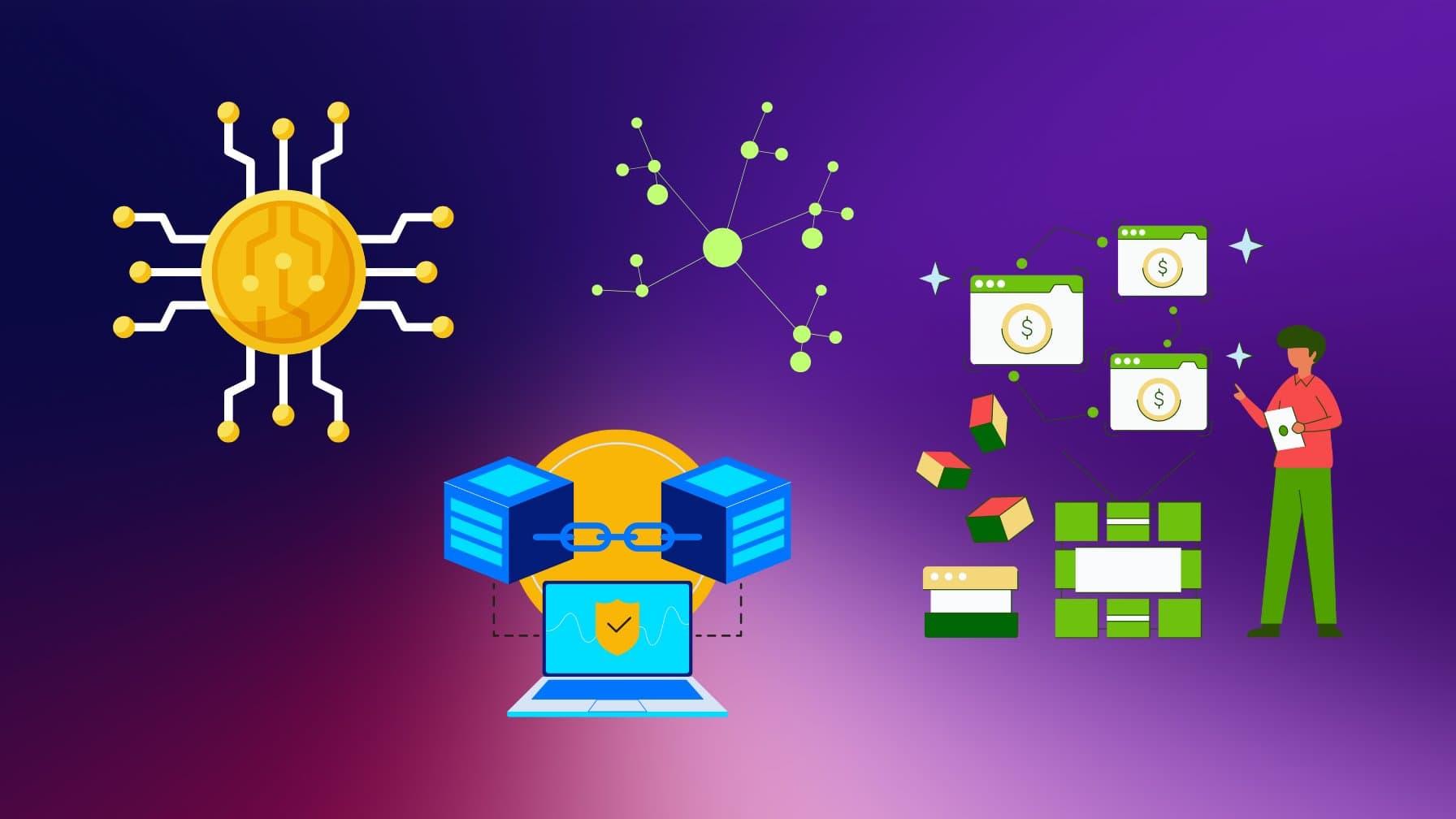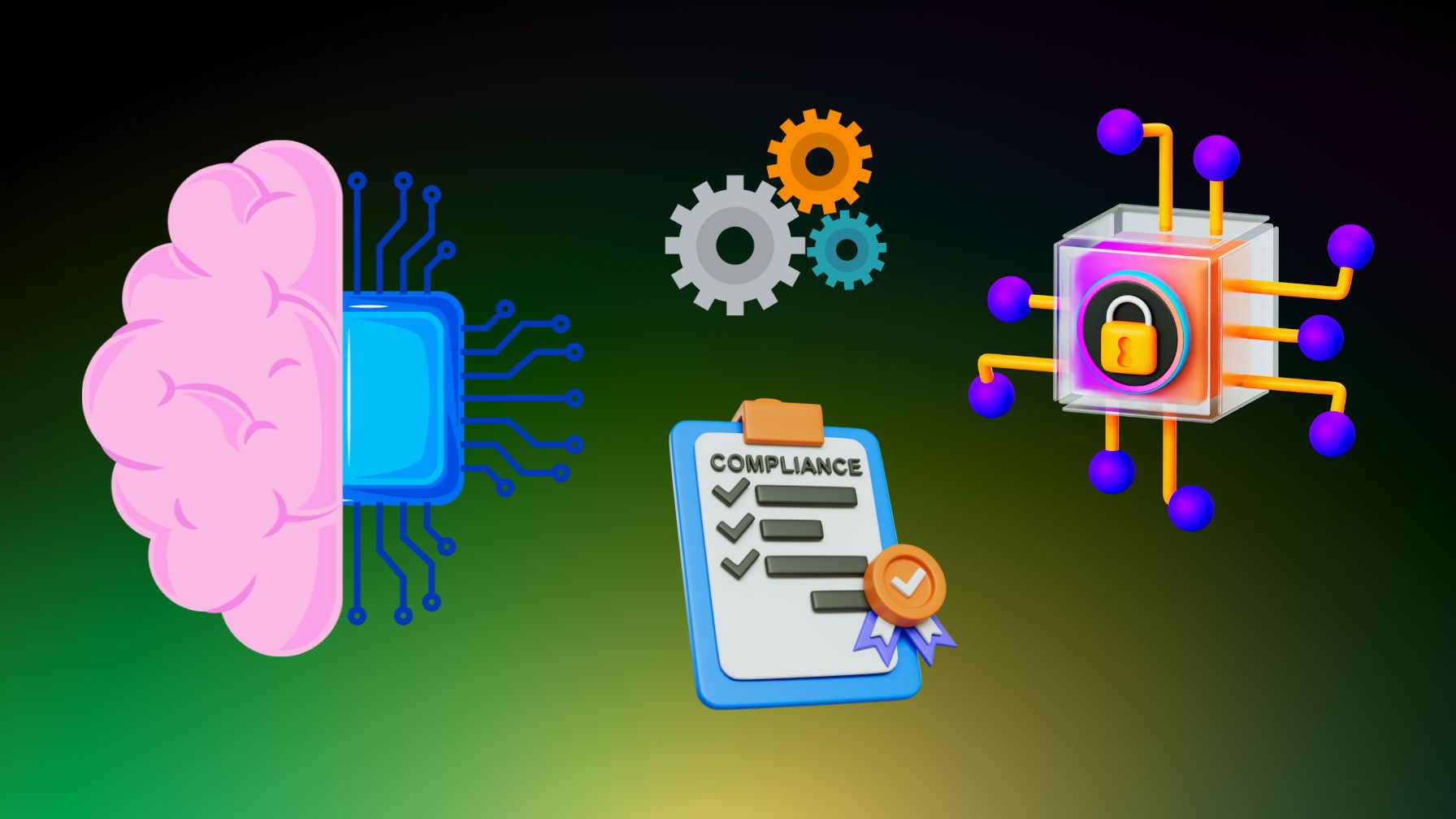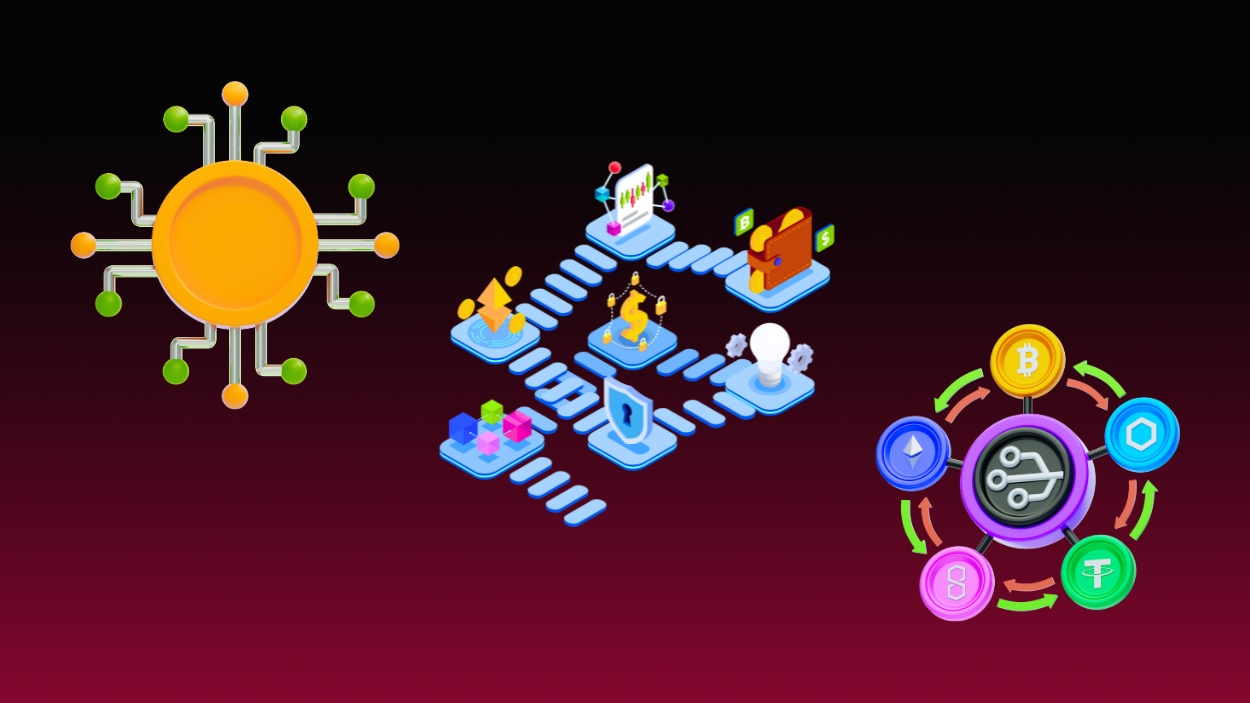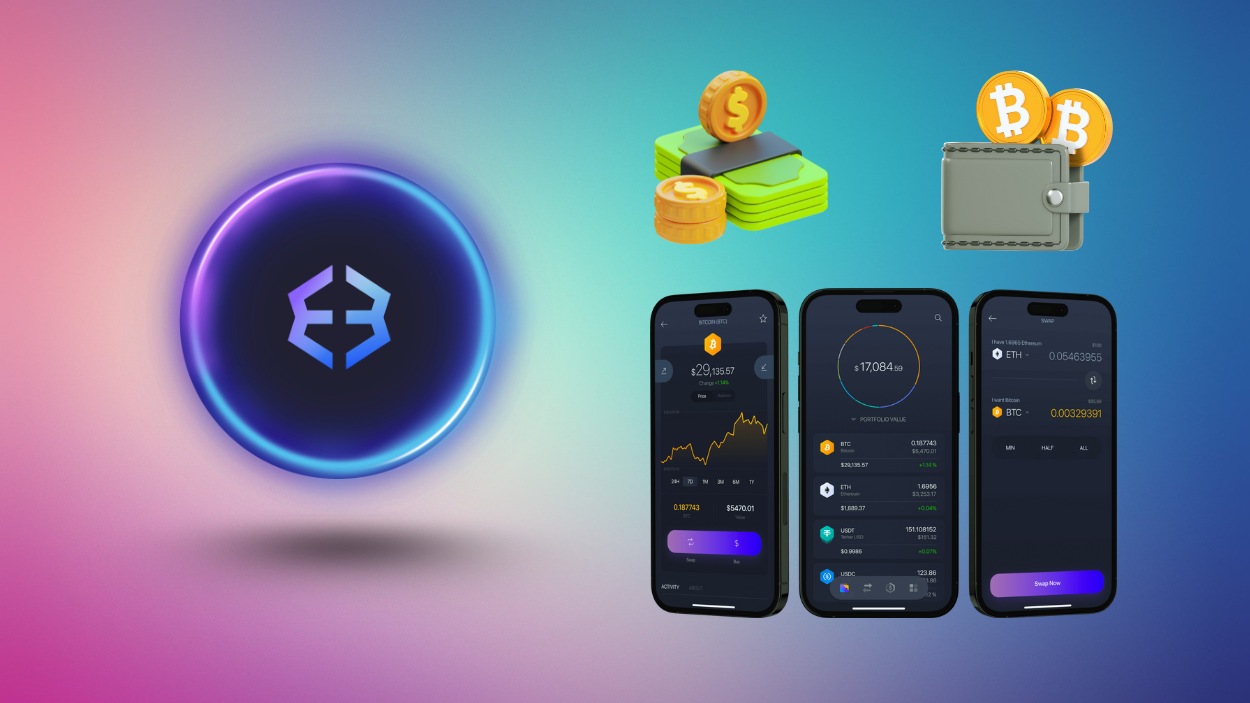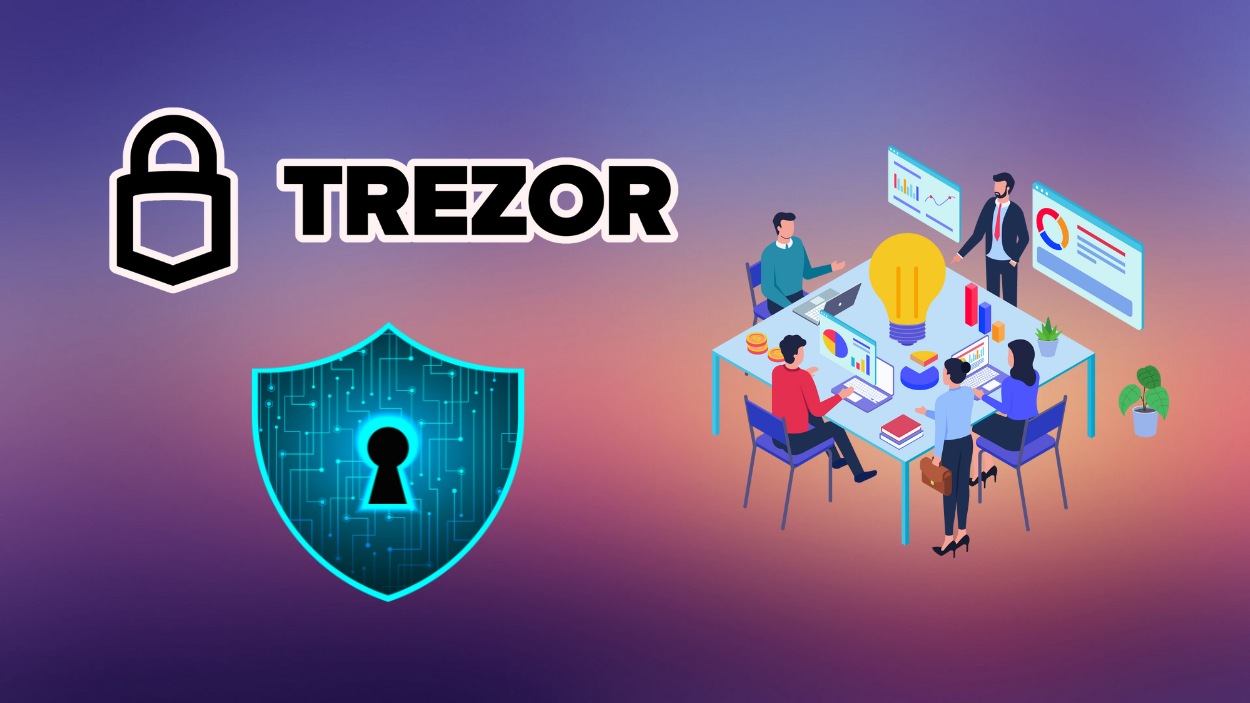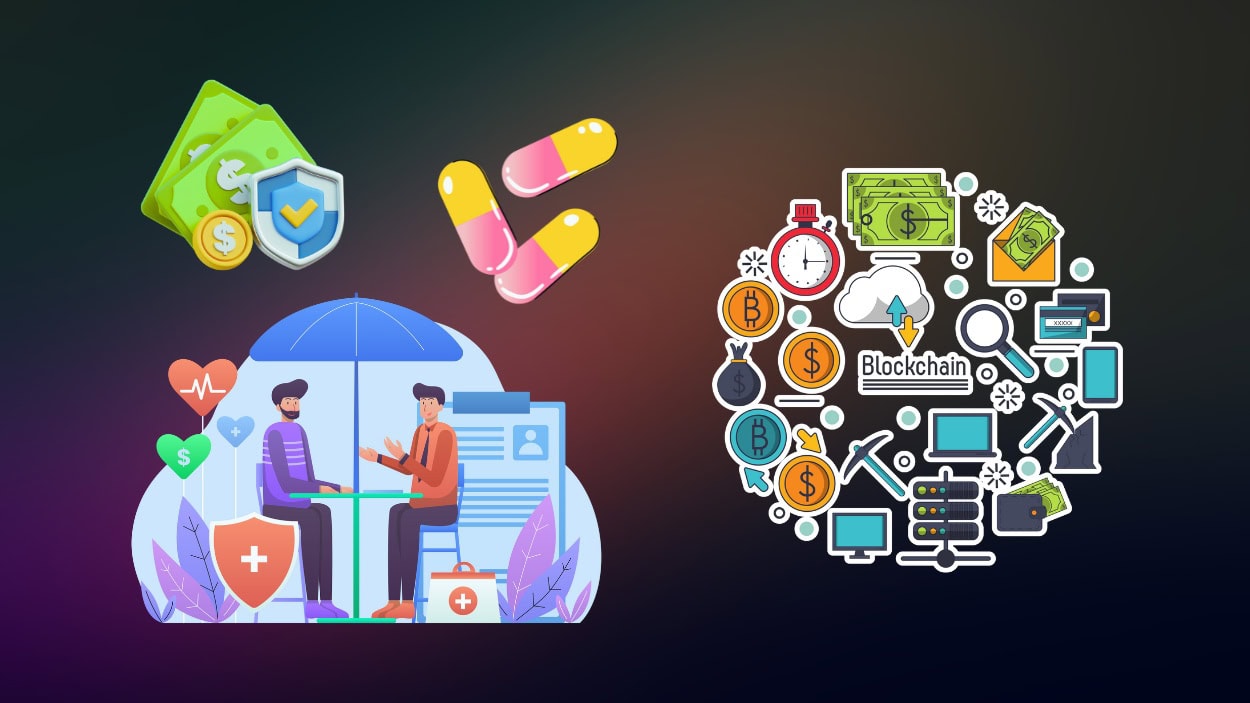Samsung has joined forces with Web3 healthcare startup Galeon to integrate its AI powered ultrasound devices with Galeon’s decentralized electronic medical record system to improve women’s health while preserving patient privacy.
Key Takeaways
- Samsung will connect its AI enabled ultrasound devices to Galeon’s Web3 based EHR platform, currently deployed in 18 European hospitals
- The system uses Blockchain Swarm Learning to allow hospitals to train AI on anonymized, encrypted datasets without moving patient records or centralizing sensitive data
- Only the operations of AI algorithms are recorded on chain for traceability; actual imaging data remains off blockchain and anonymized
- The collaboration introduces a decentralized research loop through Galeon’s Atlantis platform and GALEON token, enabling a community of over 100,000 supporters to vote on medical research funding
What Happened?
Samsung has announced a partnership with Galeon, a decentralized science (DeSci) and AI health tech protocol, to bring greater intelligence and privacy to women’s health diagnostics. Under this agreement, Samsung’s ultrasound devices will feed imaging data into Galeon’s electronic health record (EHR) system, which is Web3 based and already in use across 18 hospitals in Europe.
𝗚𝗮𝗹𝗲𝗼𝗻 𝗮𝗻𝗱 𝗦𝗮𝗺𝘀𝘂𝗻𝗴 𝗽𝗮𝗿𝘁𝗻𝗲𝗿.
— Galeon (@GaleonCare) September 23, 2025
A new alliance unleashing the power of medical innovation in Web3.
A first step to address one of healthcare ’s biggest challenges: integrating data across tools, systems, environments.
The power of EHR software, fueled by… pic.twitter.com/RXtslIwoBY
The data will be anonymized and encrypted before any use in training AI models. Hospital partners will retain full control of their data. The only things recorded on the blockchain will be algorithm operations, providing traceability while ensuring that raw medical data does not sit on the chain.
Additionally, Galeon’s Blockchain Swarm Learning (BSL) technology enables decentralized training of medical AI without centralizing sensitive patient records. Samsung’s ultrasound imaging will plug into hospital workflows via this architecture, helping clinicians access real time structured imaging data in women’s health contexts.
Beyond diagnostics, the partnership includes a research component. Galeon’s Atlantis platform and GALEON token allow members of a community, already over 100,000 strong, to opt in to share anonymized info and vote on which medical research projects should be funded. That model aims to make funding more democratic and transparent.
Context and Implications
This move sits at the intersection of several growing trends in health tech: the use of AI to support diagnostics, the need for strong patient privacy, and the rise of decentralized systems like Web3 and DeSci to shift how medical data is managed and how research is governed.
In practical terms, for hospitals and clinicians, this could mean faster detection of congenital conditions via ultrasounds, better structured imaging inputs, lower risk of data breach, and smoother integration into clinical workflows.
On the research and governance side, the community governed approach to funding via GALEON token and Atlantis could help align research priorities closer to patient and hospital needs rather than purely commercial interests.
There are challenges ahead: ensuring full regulatory compliance across jurisdictions, validating that the anonymization and decentralization do not degrade data quality, and getting adoption from hospitals that may be wary of new systems or skeptical of Web3.
Expert Quotes
Benjamin Tarter, Head of Women’s Health at Samsung France said, “We are incredibly proud of this partnership and ready to disrupt the health market together.”
Loïc Brotons, CEO at Galeon said:
CoinLaw’s Takeaway
I believe this is a significant step toward reconciling two things that often seem at odds in health tech: strong privacy and high functionality. By keeping imaging data off chain and instead only putting operations on the chain, Samsung and Galeon are building a model that respects patient confidentiality while still gaining the power of AI.
In my experience, many healthcare providers hesitate to adopt new AI systems because they fear loss of control over data or regulatory risk. This kind of decentralized learning architecture and token driven research funding might reduce those barriers. If hospitals see real results in diagnostic accuracy and research relevance, this could become a blueprint for other health systems.

